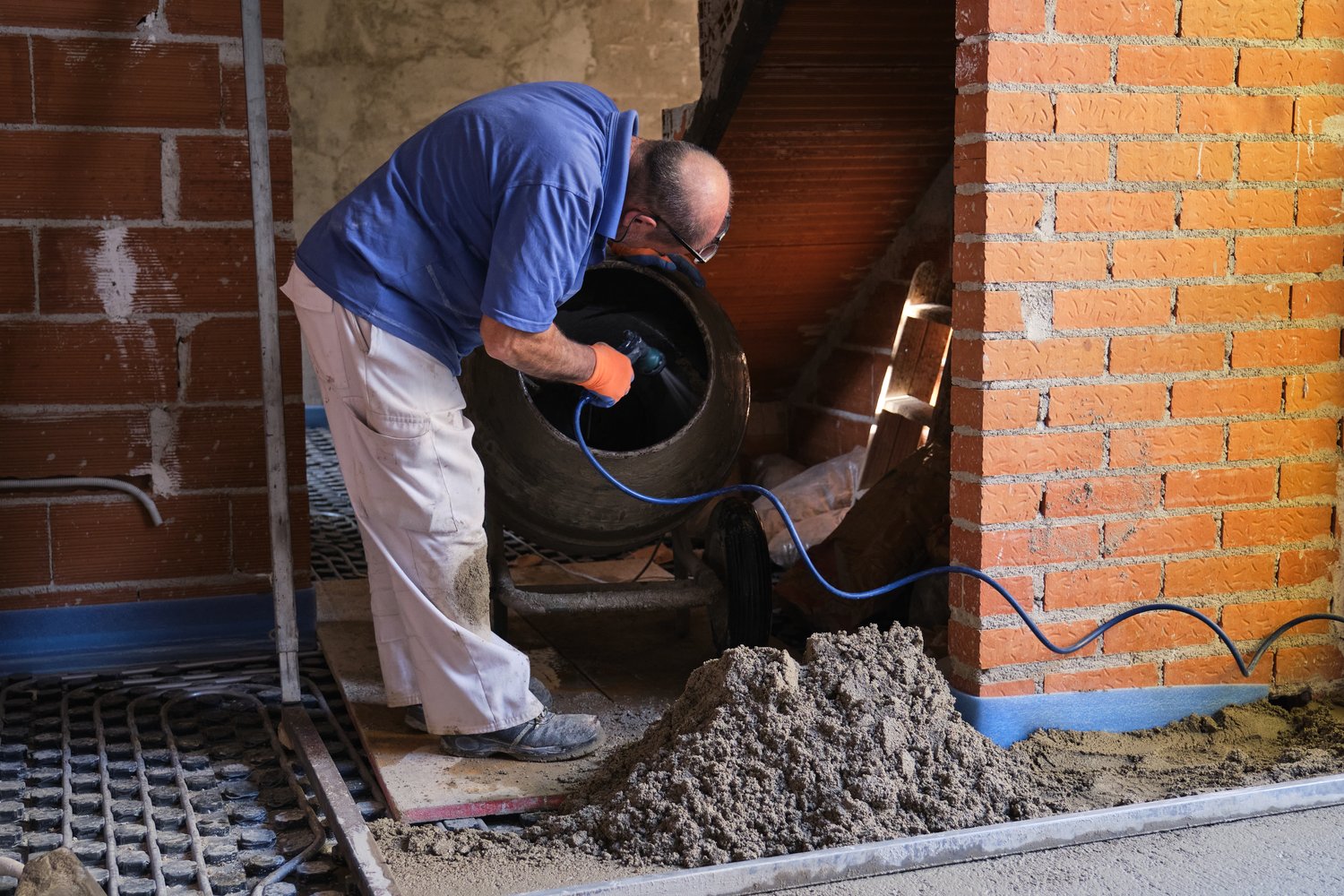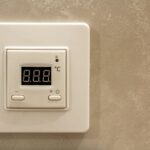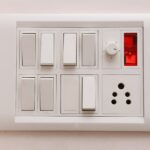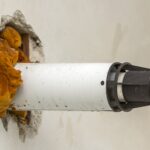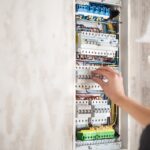Understanding the importance of chimney maintenance
Chimneys play a crucial role in home safety and efficiency. They remove harmful gases and smoke from your living space. Regular maintenance of chimneys is essential for preventing fire hazards. A well-maintained chimney can last for decades. The National Fire Protection Association recommends annual chimney inspections. Professional chimney sweeps can identify potential issues before they become serious problems.
Creosote buildup is a common concern in chimneys. This flammable substance accumulates over time from burning wood. A 1/8 inch layer of creosote can pose a significant fire risk. Chimney caps are important accessories that prevent debris and animals from entering. They also help to reduce downdrafts and improve ventilation. Chimneys require different maintenance depending on their material and design.
Brick chimneys may need repointing every 20-30 years. This process involves replacing deteriorated mortar joints. Stainless steel liners can extend the life of older chimneys. These liners protect masonry from corrosive byproducts of combustion. A properly sized chimney ensures optimal draft and efficiency for your heating appliance.
Optimizing your home’s heating system
Efficient heating systems are crucial for comfort and energy savings. Regular maintenance can extend the lifespan of your heating equipment. Annual professional inspections can identify potential issues early. Changing or cleaning air filters every 1-3 months improves air quality and efficiency. Programmable thermostats can reduce heating costs by up to 10% annually.
Insulation plays a key role in heating system efficiency. Proper insulation can save homeowners an average of 15% on heating costs. Sealing air leaks around windows and doors further enhances energy efficiency. Heating systems come in various types, each with unique maintenance needs. Forced-air systems require regular duct cleaning to maintain air quality.
Radiator systems benefit from annual bleeding to remove trapped air. This process improves heat distribution and efficiency. Heat pumps should have their outdoor units cleared of debris regularly. Boilers need annual inspections to ensure safe and efficient operation. Proper water treatment in boiler systems can prevent corrosion and scale buildup.
Tips for improving indoor air quality
Indoor air quality significantly impacts health and comfort. Poor air quality can lead to respiratory issues and allergies. Regular cleaning and vacuuming can reduce indoor pollutants. HEPA filters in vacuum cleaners can capture 99.97% of particles as small as 0.3 microns. Houseplants like spider plants and peace lilies can naturally purify indoor air.
Ventilation is crucial for maintaining good air quality. Opening windows for 15-20 minutes daily can help remove stale air. Exhaust fans in kitchens and bathrooms remove excess moisture and odors. Humidity levels between 30-50% are ideal for indoor comfort and health. Dehumidifiers can help control moisture in damp areas like basements.
Air purifiers can remove allergens, dust, and other pollutants. Models with HEPA filters are particularly effective. Regular maintenance of HVAC systems ensures clean air circulation. Carbon monoxide detectors are essential safety devices in homes with fuel-burning appliances. These detectors should be placed on every floor and near sleeping areas.
- Clean or replace air filters regularly
- Schedule annual HVAC maintenance
- Use exhaust fans in high-moisture areas
- Install carbon monoxide detectors
- Consider adding air purifiers to key living spaces

